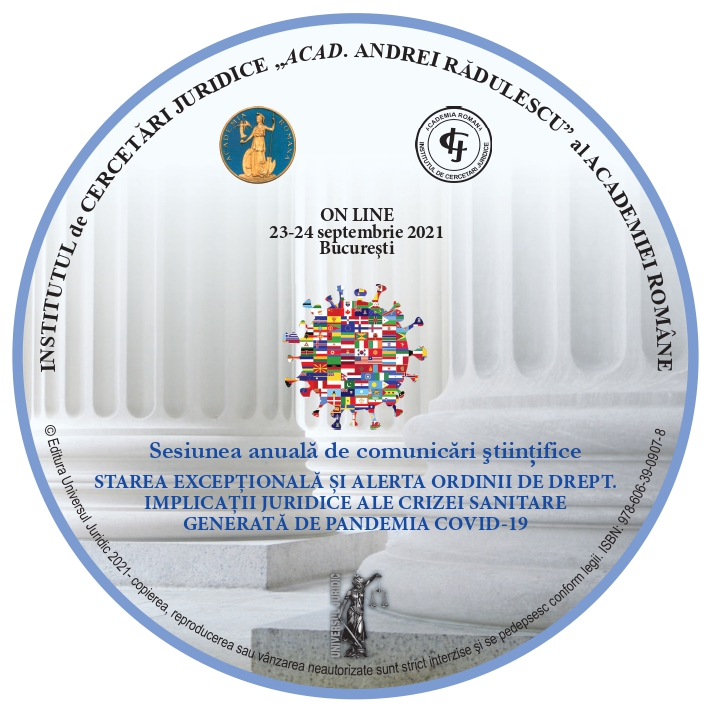
We kindly inform you that, as long as the subject affiliation of our 300.000+ articles is in progress, you might get unsufficient or no results on your third level or second level search. In this case, please broaden your search criteria.


Reflections on the Legality of Some Normative Administrative Acts Issued by the Minister of Health During the State of Alert Determined by the COVID-19 Pandemic in the Execution of Law No. 136/2020 on the Establishment of Measures in the Field of Public Health in Situations of Epidemiological and Biological Risk. In the situations of epidemiological and biological risk provided in Law no. 136/2020, if there is an imminent risk, the Minister of Health establishes by order - administrative act of a normative nature - the manner of application of the measures provided in the mentioned law. Thus, the measure of isolation in a health unit established by decision of the public health directorate will be based on the order of the Minister of Health issued for the concrete execution of the law. However, the judicial control of the normative administrative acts is exercised by the administrative contentious court only within the action for annulment, under the conditions provided by Law no. 554/2004, so that ministerial orders cannot be the subject of the objection of illegality. Therefore, persons in respect of whom the measure of isolation in a health facility has been instituted, although they can ask the court to annul the decision issued by the public health directorate, they will not be able to invoke a possible illegality of the order issued by the minister of health, the latter not being able to be the object of the exception of illegality. This is why it is essential that ministerial orders be issued in the letter and spirit of the laws adopted by Parliament. In order to illustrate the (un)lawfulness of normative administrative acts issued by the Minister of Health during the alert period, in this short study we will analyse the orders that imposed the social medical detention of persons infected with the SARS-CoV-2 virus after the entry into force of the Law on the establishment of measures in the field of public health in situations of epidemiological and biological risk.
More...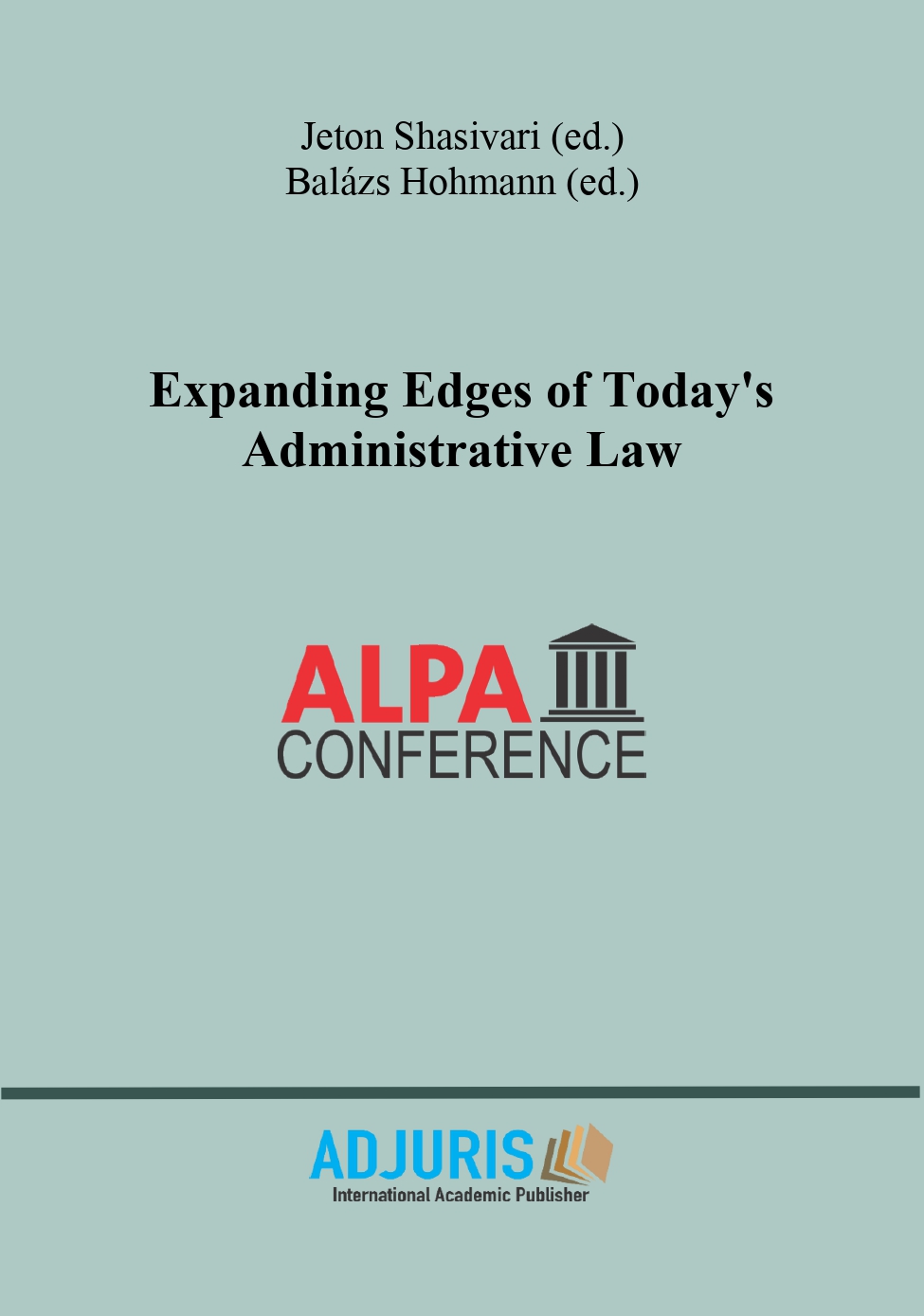
In this paper the author addresses the issue of recognition of the harmonization process as a significant part of higher education system reform in the Republic of Croatia. The first part of the paper emphasizes neo(institutionalism) as a theoretical approach, which has once been used in conducting empirical research, while at the same time confirming both the hypothesis that the national systems are more frequently being harmonized, as well as its sub-hypothesis, that the harmonization of national systems of higher education is mostly the result of Europeanisation process (along with its corresponding indicators – the Bologna process implementation, international collaboration – inter-institutional cooperation between institutions of higher education, project activities, European higher education politics, teaching and non-teaching staff mobilities). The basis for the paper refers to the Bologna process, that has been recognised as the key contributor for harmonization with the European system of higher education and has, as such, been implemented into the Croatian system of higher education. The necessity for applying the same and/or similar institutional propositions, that is, the necessity for approaching the common model is considered to be the centre of reform goals. The final part of the paper presents the results of a part of the mentioned research, which verify the aforementioned hypothesis and its sub-hypothesis and refer to specific propositions which should be taken into consideration for more successful reform implementation in one of the most significant public administration areas, public service, or better said, higher education system as part of public service.
More...
Social distancing has become a distinctive feature of the recent global outbreak of the COVID-19 coronavirus and the government's response to it. This is also reflected in the way public administration systems perform their tasks and is a comprehensive feature of the way in which national and European public administrations are performing their tasks at the time of the lecture. In this context, the handling of cases in person has been suspended in several countries, and some public administration staff have switched to working from home. This situation has perhaps highlighted even more sharply the phenomenon that had already emerged in national regulations in the context of the electronisation and digitalisation of processes and electronic communication. And in this context, the question rightly arises, which has become even more striking in the current period: will the transparency of public administration, and within it the transparency of the process of public administration in individual cases, towards the client, remain sustainable in the long term if the client and society do not meet the public administration in person, but only through electronic platforms? The study will seek answers to these questions that can be scientifically substantiated.
More...
This work focuses on the importance of public procurement in the context of the recent COVID 19 pandemic and the impact it has had on the legal rules for these con- tracts. The analysis refers to the context of the Portuguese legal order and its connection to the European Union law. Objectives: examine the effects of the pandemic on the legal regime of public procurement in Portugal and its compliance with EU law. Analysis of legislative measures adopted by the prevention, containment, mitigation and treatment of epidemiological infection by COVID-19. Methodology: study of new legal measures introduced in pandemic time and study of the solutions adopted by Portuguese law. Results: we present the results of analysis of changes to the rules applicable to the formation of public works contracts, contracts for the leasing or acquisition of movable property and the acquisition of services, provided by the administrative public sector or similar, as result of the pandemic crisis.
More...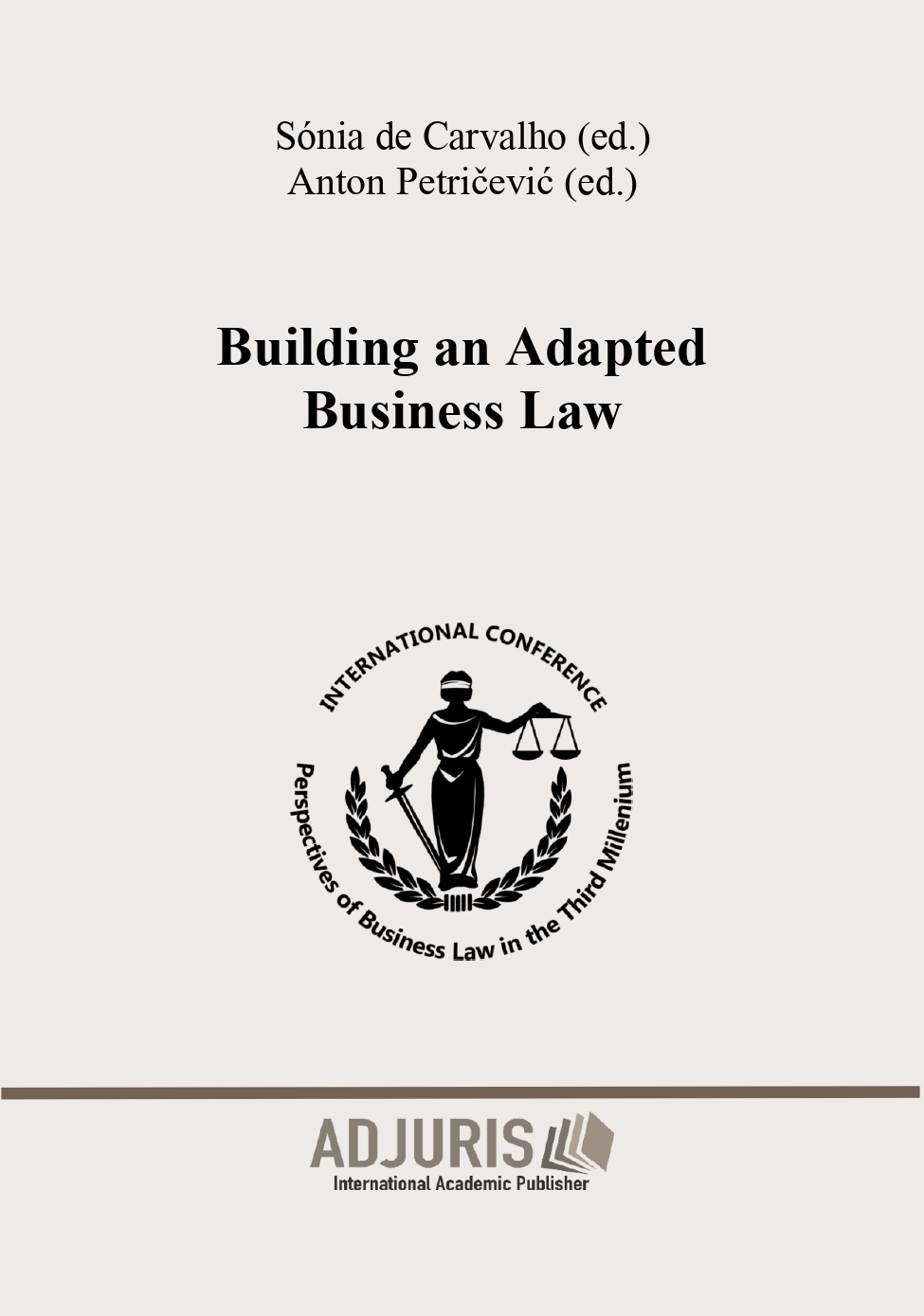
This volume contains the scientific papers presented at the Eleventh International Conference „Perspectives of Business Law in the Third Millennium” that was held on 19 November 2021 in online format on Zoom. The conference is organized each year by the Faculty of Law of the Bucharest University of Economic Studies together with the Society of Juridical and Administrative Sciences. The scientific studies included in this volume are grouped into five chapters: Stop or go back to business as unusual — legal issues impacting businesses during this time; Changes in the legal landscape, regulatory challenges and more; In-depth look at business law topics; European overview of the legal and business considerations. The present volume is addressed to practitioners, researchers, students and PhD candidates in juridical sciences, who are interested in recent developments and prospects for development in the field of business law at international and national level. This book is edited with the support of the Romanian Ministry of Education and Research.
More...
Epidemia COVID-19 wywarła głębokie skutki w różnych dziedzinach życia społecznego, miała też (i ma) głęboki wpływ na prawo – jego tworzenie i stosowanie. Jest to z pewnością nowy, oryginalny i bardzo perspektywiczny obszar badań naukowych. Niniejsza praca – jako jedna z pierwszych monografii na rynku wydawniczym poświęcona badaniom nad prawem i jego zmianami w czasie epidemii – ma szanse stać się ważnym przyczynkiem do dalszych badań w tym obszarze. Składające się na nią opracowania stoją bowiem na wysokim poziomie merytorycznym, są oryginalne, nowatorskie i ciekawe. dr hab. Monika Latos-Miłkowska, prof. ALK Autorzy niniejszej monografii przyjmują perspektywę naukową i społeczną, zadając fundamentalne pytania, na ile poszczególne regulacje prawne związane przeciwdziałaniem COVID-19 mieszczą się w ramach ustalonych zasad demokracji, międzynarodowego porządku prawnego i praworządności. Nie boją się stawiać tez oryginalnych, twórczych i prowokujących do dalszej dyskusji. dr hab. Paweł Nowik
More...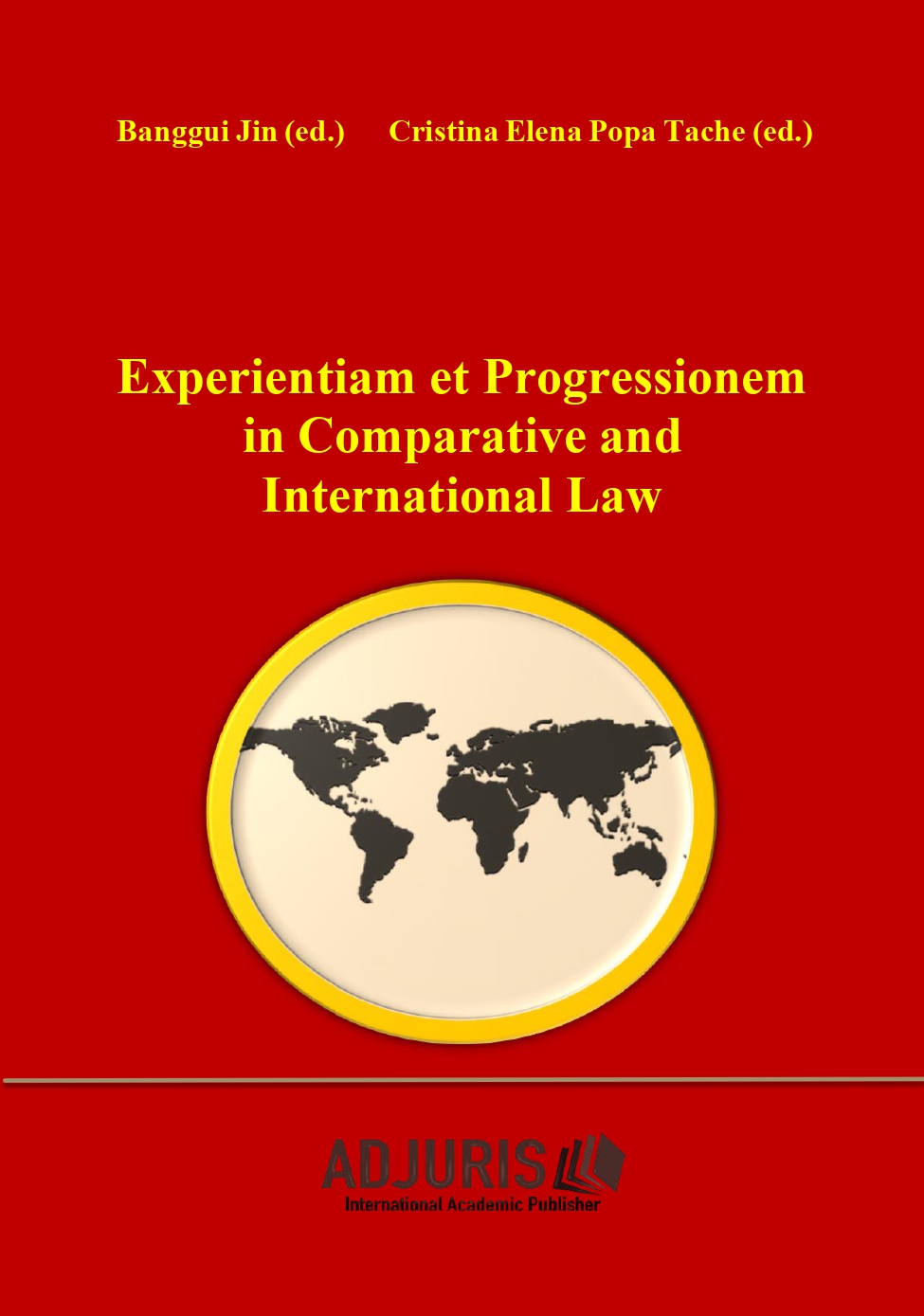
The present research aims at the need to take up the example of the provisions of the European Code of Good Administrative Behaviour at the level of public administration of the member countries. In fact, the activities performed by civil servants or contractual staff in the public power regime, more precisely in the segment of law enforcement, in the segment of public service provision, have the same legal regime seen through the angle of interest of the citizen of the same member state as the citizen of the Union, or of any legal person. Any communication at official level has as its central point certain principles and limits imposed for reasons of private interest and categorical public interest. However, employees of the national public administration, viewed individually in conjunction with their own duties, have not implemented the procedural principles set out in the practice of the Court of Justice of the European Union with regard to 'limits' and do not have a methodology to follow in identifying a balance between the permitted degree of transparency of their work in relation to citizens' requests. At the same time, the way of decent expression of the justified impartial attitude in the legal and efficient solution of requests in the daily work with the public, has not implemented the standards of good administrative conduct aimed at guaranteeing the efficiency of the work and the quality of public service at the same time. The implications of this study aim to outline the essence of the obligation to adopt a Code of Good Administrative Behaviour at the level of each Member State, based on the citizen's right to good administration, on the case law of national and European courts and on the practical explanation of convergent coordinating lines such as, for example: legality and proportionality or the clear absence of abuse of power and honesty.
More...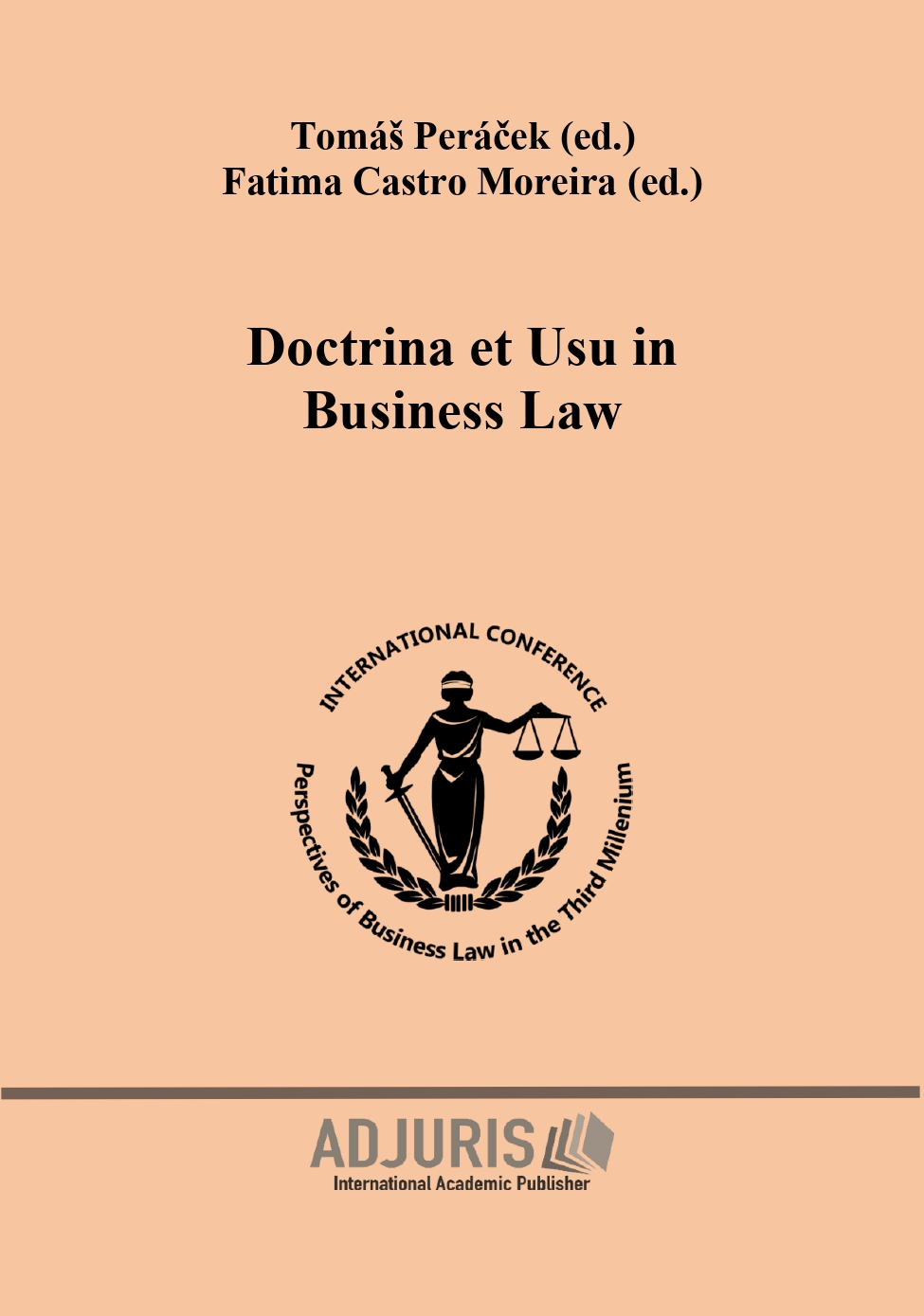
Online transactions are a certainty of the moment in all social and economic fields. Digital economy has been part of everyday normality for a long time. The legislation that regulates legal relations is not updated and there is no clear perspective by which to confirm the imposition of "digital economy law" in society. The acts of commerce, services, and production in which the digital society participates (hard, software, networks and augmented reality) develop, in themselves, a number of legal subjects and a large palette of contractual or tortious civil responsibilities that do not have a clear regulation. Through this research, we are trying to launch a current and forward-looking topic to the public professional debate to lay the foundations for the "Digital Economy Right". The research methods used are observation of flows and case studies of "artificial intelligence" used through software in the private and public economy; reporting of legal subjects involved in legal relations to the legal norm. The implications of the study are relevant for the whole society, but also for legal professionals. The results constitute benchmarks for the debate and drafting of the future legal norms necessary to harmonize the international legislation of classical law with the law of artificial intelligence.
More...
The aim of this paper is to consider the digital identity as a key element of the service-oriented state (e-governance). In the first section the background of developing the service-oriented state in the EU and Ukraine are discussed. It has been established that with the spread of Covid-19, The Government of Ukraine declared on course towards of paperless public services. Due to the full-scale escalation of conflict between the Russian Federation and Ukraine on February 24, 2022, the Government of Ukraine speed- up the processes of transforming public administrative services into e-services. Digital identity is supposed to be one of the elements of e-governance alongside with remote identification (biometric authentication), the digital money, secure payments and online banking etc. In the second section the category of digital identity and close related categories are revealed. The differences between digital identity, digital profile (account), avatar and electronic entity are proved. On the basis of the conducted research, the features and constituent elements of digital identity were determined and proposals were developed to improve the legislation in Ukraine. The necessity to study the digital identity as the essential component of service-oriented state, online banking, e-commerce and in light of the War in Ukraine and seeking way of renovation legislation is founded.
More...
The Czech legislation recognises certain types of “environmental liability”, including the obligations from various fields of law – a special obligation to prevent and remedy environmental damage, and administrative, criminal, and civil law liabilities. Unlike in case of share deals, where the liability remains with the acquired company, in case of asset deals the transfer of environmental liability depends on more factors, such as the type of liability and specific circumstances under which the liability originated. Both the seller and the purchaser may aim to minimize the impacts of threatening environmental liability by various contractual instruments. The paper deals with the contractual risk allocation for both parties of an asset deal, including the analysis of the environmental liability under the Czech law, and specific legal instruments of risk allocation, such as indemnifications, representations and warranties, or deferred payment of purchase price.
More...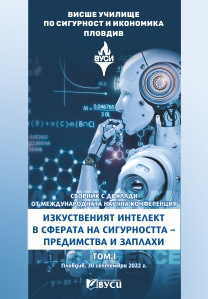
The article examines the human dimensions of the legal profession without prejudice to the undoubtedly beneficial conveniences of modern life associated with technological and informational advances. The legal profession as a human and only human activity is the subject of reflections in the exhibition. With an attempt to positively argue the claim that artificial intelligence could not replace the activity of the lawyer. The exposition is without pretensions to be exhaustive.
More...
Social entrepreneurship is the object of increased and lasting interest because it provides many opportunities to solve pressing social problems. This type of entrepreneurship combines entrepreneurial initiative, business activity and social causes. Many of the problems that social entrepreneurs try to solve are often the focus of attention of local authorities. This is the reason that makes the effective interaction between local authorities and social entrepreneurs key to the success of both social enterprises and local authorities in solving a number of social and environmental challenges, especially in crisis conditions.
More...
The collection contains reports presented at scientific conference "Challenges to legal regulation in Bulgaria". The conference was held on October 31, 2023 in the conference halls of the university in parallel modules. Scientists, practitioners, doctoral students and students participated, a total of over 60 people in five scientific fields: Challenges to international law and EU law in Bulgaria; Challenges to private law regulation in Bulgaria; Historical and economic aspects of state regulation in Bulgaria; Challenges to public law regulation in Bulgaria; Challenges to criminal law regulation in Bulgaria.
More...
The study is devoted to the issue of the applicant's right to costs in the annulment of a normative administrative act contested before the court in the course of the court proceedings. More specifically, the research provides an answer to the question whether the cancellation of a regulatory administrative act can be equated to the withdrawal of an administrative act within the meaning of Art. 156 of the Code of Administrative Procedure and whether normative administrative acts can be withdrawn at all. A critical analysis of the legislation is made and redactions de lege ferenda are proposed. The research presents author's analyzes and conclusions, as well as doctrinal opinions and judicial practice on the issues raised.
More...
The 36th International RAIS Conference on Social Sciences and Humanities was held at The Erdman Center, 20 Library Place, Princeton, NJ 08540, USA, on June 6-7, 2024, and was organized by the Research Association for Interdisciplinary Studies. RAIS Conference Proceedings are published with ISSN 2578-8574.
More...
These proceedings represent the work of contributors to the Scientia Moralitas Conference held online on February 19-20, 2023. The conference was organized by the Scientia Moralitas Research Institute and the Research Association for Interdisciplinary Studies. The objective of this conference is to promote multidisciplinary research in social sciences, humanities, and ethics and facilitate discussions on contemporary real-world challenges.
More...
These proceedings include the papers accepted for the Scientia Moralitas Conference on February 15-16, 2024, organized by the Research Association for Interdisciplinary Studies.
More...
The safeguarding of public order and safety faces escalating challenges due to evolving threats and social changes. This collective work explores the primary obstacles confronting public order and safety, including technological disruptions, transnational crime, and community trust deficits. Furthermore, it evaluates strategic responses, such as the integration of advanced technologies, cross-border cooperation, and community-focused policing. The findings highlight the need for a multidisciplinary approach to address these challenges effectively and provide actionable insights for policymakers and practitioners seeking to enhance public safety resilience.
More...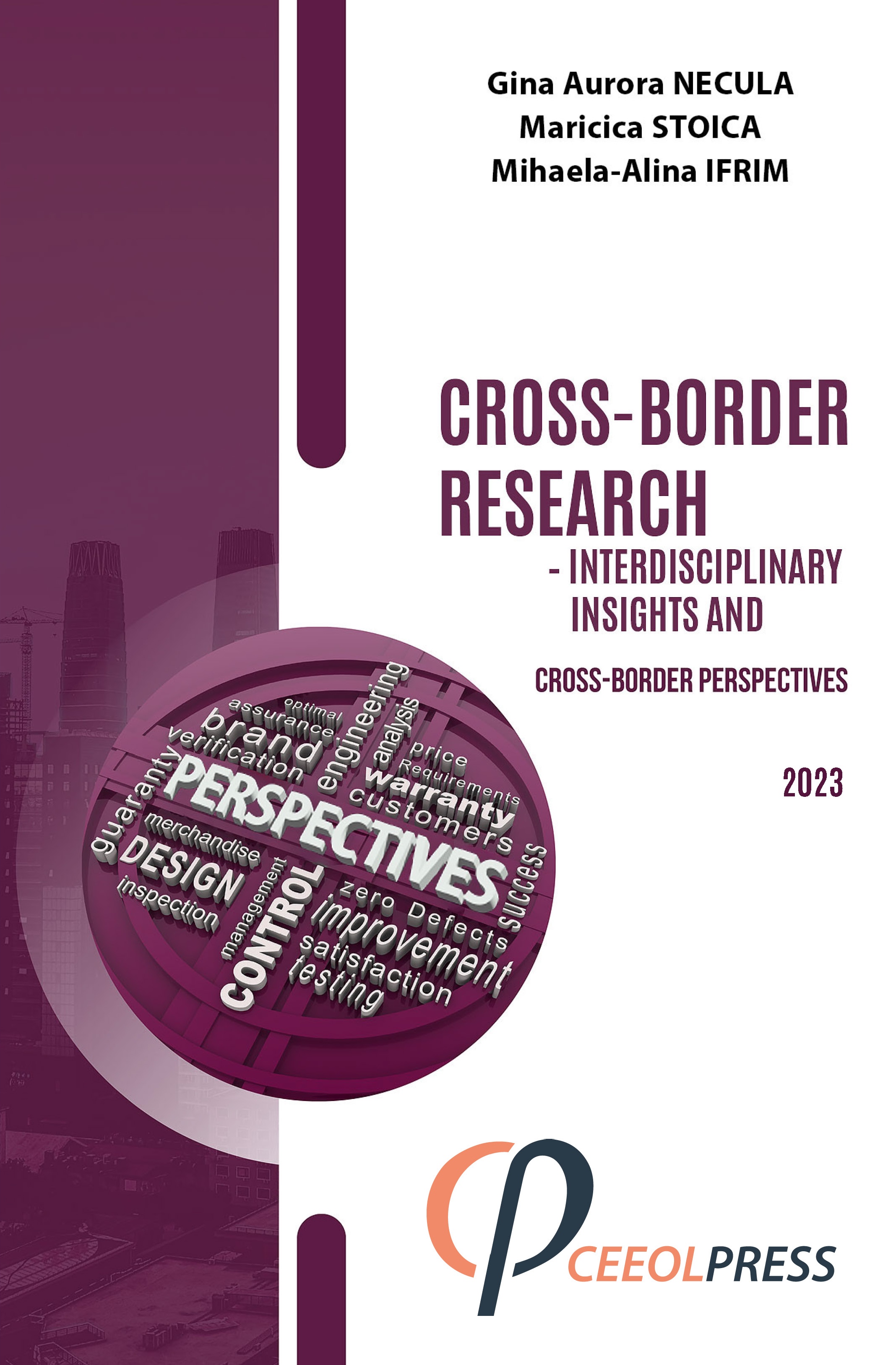
In this article, we set out to carry out an analysis of the notion of „principles of public service” both in doctrinal terms and in terms of normative regulation. We also made a small foray into the evolution of the legal institution and the notion of public service principles. Particular attention was paid to the definition and enumeration of the principles of public service in both the legislation of the Republic of Moldova and Romania, and also the role that this institution has within the branch of administrative law.
More...